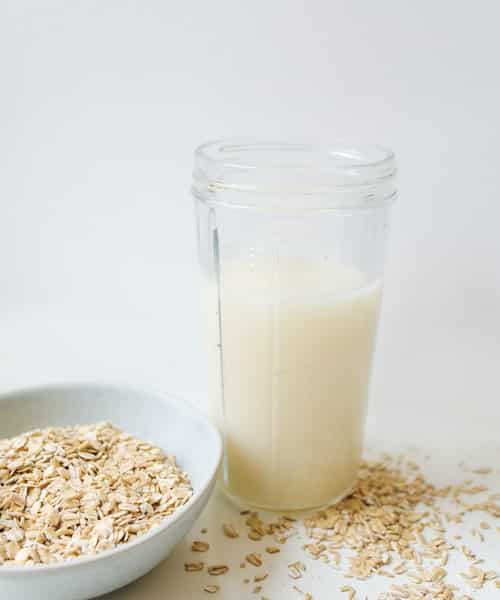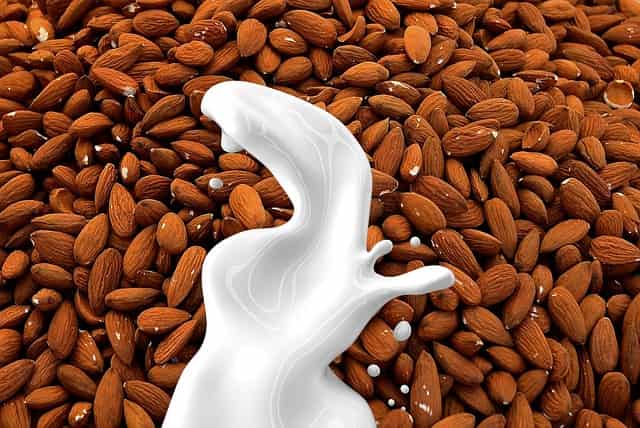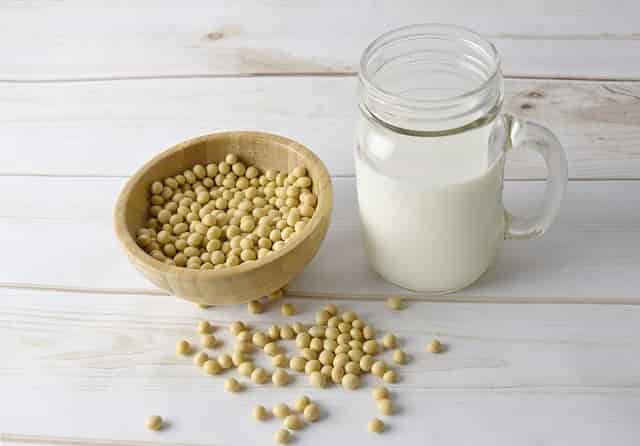No particular milk can claim to be healthy. The good choice depends on an individual’s metabolism, dietary needs, and current diet. Dairy has exploded with milk and milk alternative options in this years. While selecting the healthiest milk is not only about the fat content. It can be difficult to find the milk that suits an individual without trying them all. According to research, the benefits of cow milk can be difficult to beat in terms of nutrition. It contains calcium, vitamin D, niacin, and protein. On the other hand, soy milk is a plant-based milk. It has similar nutrient profile to that of cow’s milk.
Healthiest Milk Options
Following are some healthiest milk options an individual can add to their diet:
1. Hemp milk
Hemp milk is a plant milk. It is made from the hemp seeds. The process involves soaking hemp seeds and then grounding them in water. Hemp is conducive to being organically grown and labeled. Before purchasing hemp milk keep in mind that hemp milk can contain additional sweetened or flavours.
Nutritional value of hemp milk
1oo milliliters of hemp milk contains the following nutrition:
- Calories: 45
- Carbohydrates: 3g
- Fat: 3g
- Protein: 2g
- Carbs: 0 grams
- Phosphorus: 25%
- Calcium: 20%
- Magnesium: 15%
- Iron: 10%
2. Oat milk
Nutritional value of oat milk
- Energy: 120
- Protein: 3 g
- Fat: 5 g
- Saturated fat: 0.5 g
- Carbohydrate: 16 g
- Fiber: 2 g
- Sugars: 7 g
- Calcium: 350 mg
- Potassium: 389 mg
- Sodium: 101 mg
- Vitamin: B
3. Almond milk
Almond milk is a plant-based milk substitute with a watery texture and nutty flavor made from almonds. It is a good choice for people who do not like dairy milk. Almond milk which is unsweetened is low in calories and lower in carbs. This milk is a naturally good source of the antioxidant vitamin E. It is low in protein and many other nutrients. Almond milk is good for one who follows a lower-carb diet. Before purchasing almond milk make sure to check the ingredient label because many brands contain added sugar. Almond milk can not be safe if an individual has a tree nut allergy.
Nutritional value of almond milk
- Energy: 39 kJ
- Protein: 1.55 g
- Fat: 2.88 g
- Saturated fat: 0.21 g
- Carbohydrate: 1.52 g
- Fiber: 0 g
- Sugars: 0 g
- Calcium: 516 mg
- Potassium: 176 mg
- Sodium: 186 mg
- Vitamin B12: 2.70 mcg
- Vitamin A: 503
- Vitamin D: 119
- Cholesterol: 0 mg
4. Coconut milk
Nutritional value of coconut milk
- Calories: 76
- Protein: 0.5 g
- Sugar: 6.1 g
- Total fat: 5 g
- Calcium: 459 mg
- Potassium: 46 mg
- Fiber: 0 g
5. Soy milk
Soy milk is made from soaking soybeans in water and grinding them, and then, filtering the remnant mixture to form a creamy beverage. It is high in protein, calcium, vitamin B12, and potassium and can be used as a cow milk substitute. According to research consuming soy foods is connected to health benefits such as improved cholesterol and blood pressure levels.
Nutritional value of soy milk
- Calories: 105
- Protein: 6 g
- Carbs: 12 g
- Fat: 4 g
- Vitamin B12: 32%
- Calcium: 30%
- Riboflavin: 25%
- Vitamin D: 25%
- Phosphorus: 10%




